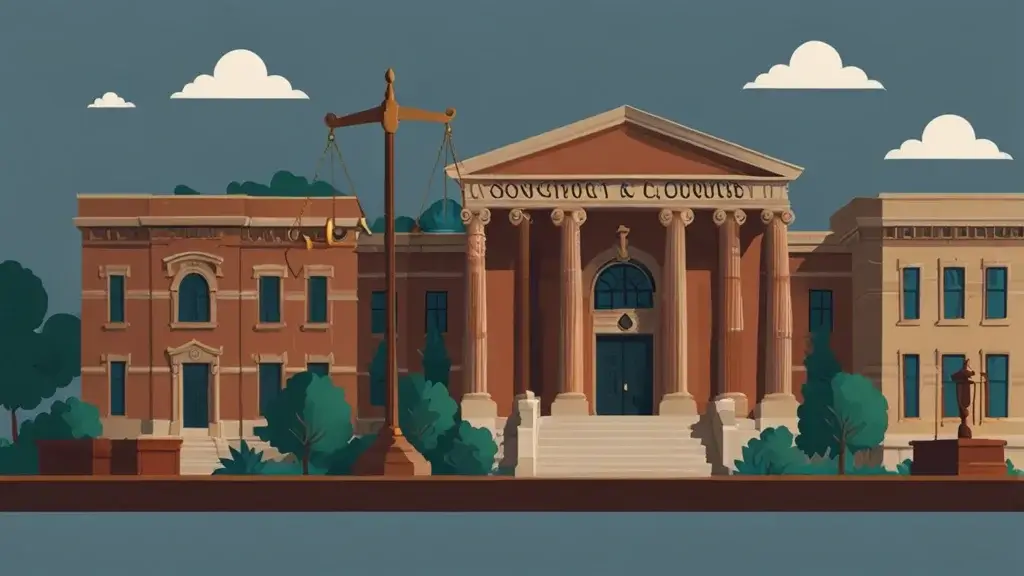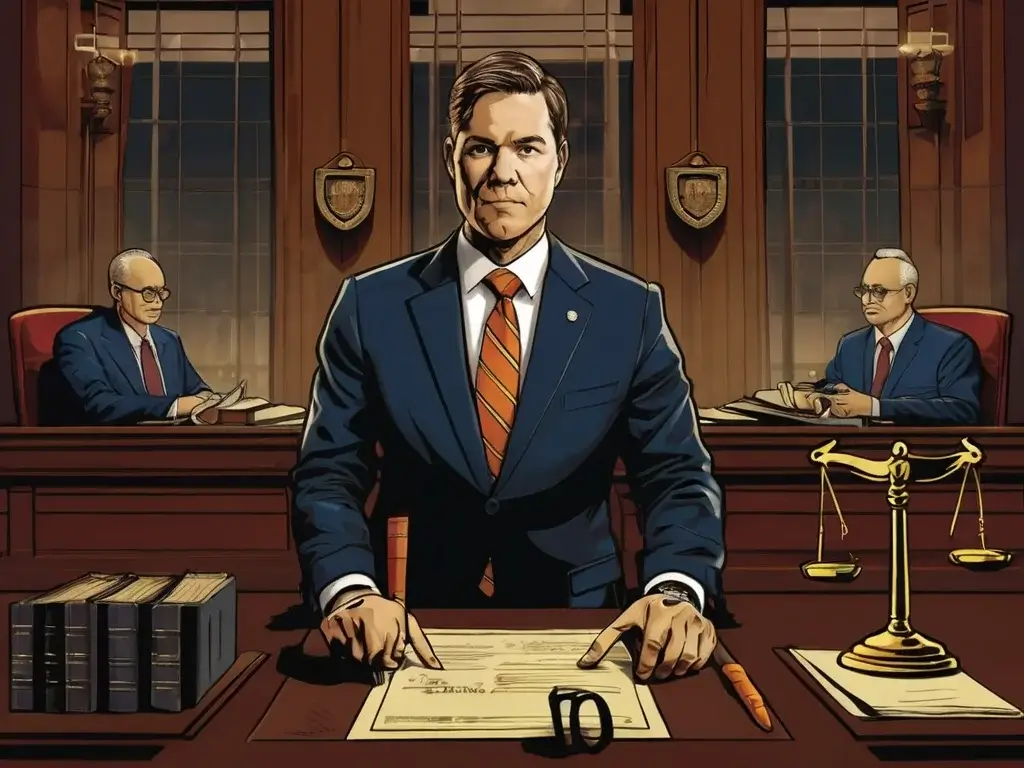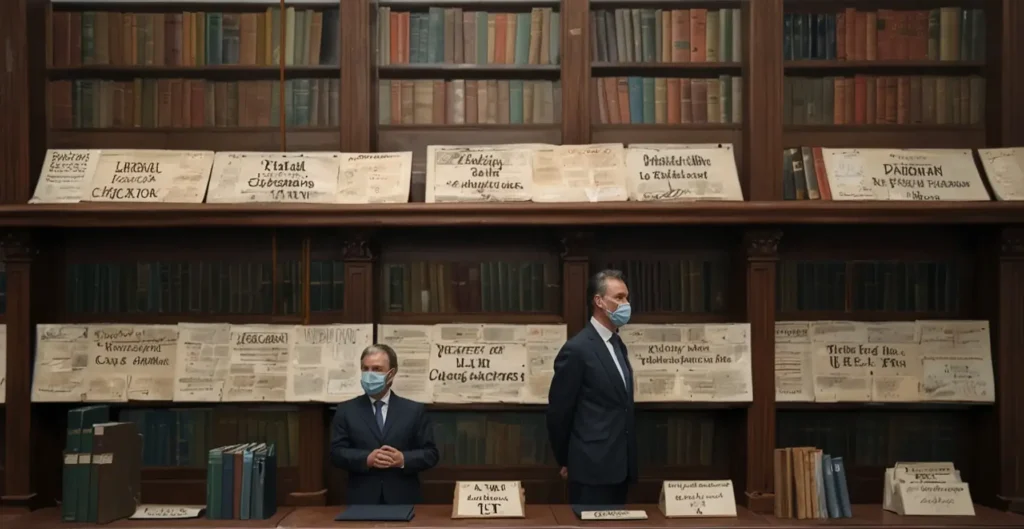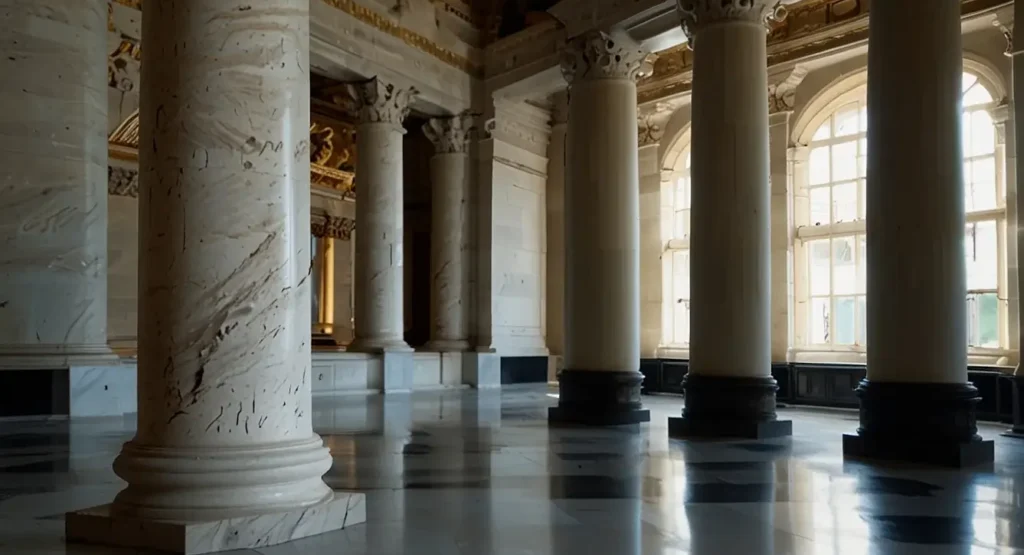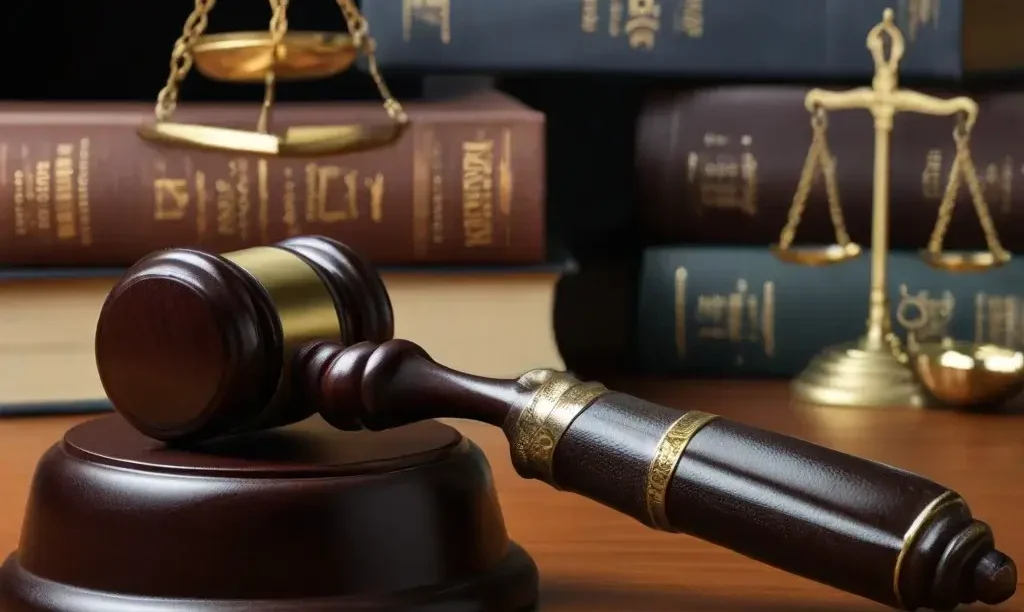Structure or Organization of the Judiciary
The organization of the judiciary varies across states to meet the unique judicial needs of each state. The structure of the judiciary is extensive in every state, comprising a network of courts with varying jurisdictions and judicial powers to ensure justice for the general public. In certain jurisdictions, the judicial system functions as an independent body, and in others, it is partly interconnected with the executive branch.
Federal states possess a dual structure: one for the central government and another for the provincial entities, akin to the federal system in the United States. Nevertheless, the judiciary system typically varies between parliamentary and presidential forms of government, as well as between federal and unitary systems. Despite these differences, there are some limited similarities across various systems.
Generally, judicial organizations and structures tend to be similar across different states, with the exception of one particular user. No judicial organization is ever truly final, as it can be subject to change at any given time. In Pakistan, a singular organization functions inside the federal governmental framework and adheres to ideals akin to those of contemporary organizations globally.
Judicial System of Pakistan
The Judiciary of Pakistan functions as a hierarchical structure with two categories of courts: the superior judiciary and the subordinate judiciary. The supreme judiciary of Pakistan comprises the Supreme Court, the Federal Shariah Court, and five High Courts, with the Supreme Court serving as the paramount authority. Each of the four provinces have its own High Court, in addition to a High Court designated for the Islamabad Capital Territory.
The Constitution of Pakistan assigns the superior judiciary the duty of upholding and protecting the constitution. Prior to the integration of FATA into KP, the High Court and the Supreme Court lacked authority over tribal territories, save in exceptional circumstances. The contested territories of Azad Kashmir and Gilgit-Baltistan possess separate judicial systems.
The Law of Pakistan
The legal framework of the Islamic Republic of Pakistan constitutes the foundation of Pakistani law. The basis of Pakistani law is derived from the legal framework of former British India, which includes the common law of England and Wales. During General Muhammad Zia-ul-Haq’s regime, modifications to Pakistan’s legal system were implemented, including elements of Islamic Shariah law into the national legal framework.
A Federal Shariah Court (FSC) was consequently constituted. In the Federally Administered Tribal Areas (FATA), a legal system based on traditional traditions remains dominant at the local level. At this stage, conflicts are adjudicated by a Jirga, including a council of tribal elders. The Ministry of Law and Justice is a committed entity that provides consulting services to all tiers of government about legal, judicial, and constitutional issues.
Islam and the Legal System
The legal system of Pakistan integrates English common law with Islamic law. Between 1947 to 1978, Islamic law predominantly concentrated on personal status issues, encompassing marriage, inheritance, and divorce. The Islamization of the judicial system accelerated under General Zia ul Haq’s rule (1977-1988). Zia enacted substantial reforms in Pakistan’s criminal justice system via a succession of presidential decrees, which are regulated by the Pakistan Penal Code of 1860 and the Code of Criminal Procedure of 1898.
Moreover, he created a parallel judicial system of Shariat courts and amended the country’s anti-blasphemy legislation. Many of the legislation he enacted remain in force, with others having been reinforced by conservative administrations. Pakistan’s parliament has lately enacted law amendments to improve the rights and status of women in both private and public spheres.
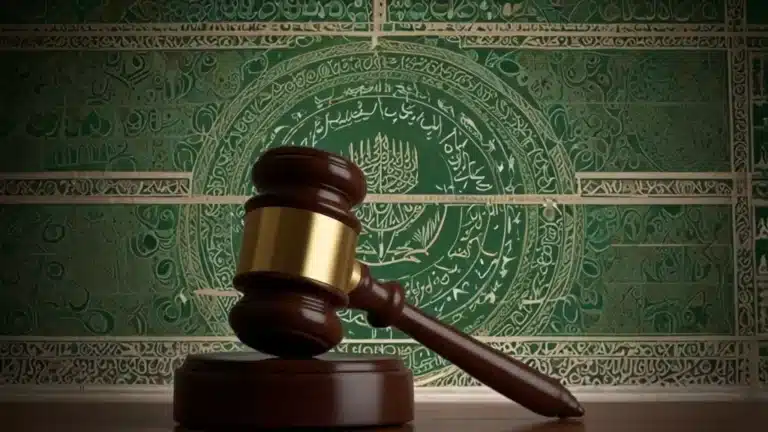
Division of Courts in Pakistan
The judicial system of Pakistan is divided in different courts which are discussed bellow;
Supreme Court
The Supreme Court, with original, appeals, and advisory jurisdiction, is the nation’s highest court. It serves as the ultimate arbiter of law and the Constitution, since it is the Court of Final Appeals. All other courts are obligated to adhere to its findings. The Court comprises the Chief Justice and other justices, who are appointed by the President through the Constitutional procedure.
A Parliamentary Act determines the quantity of judges. The present composition consists of the Chief Justice and sixteen judges. Under specific situations, ad hoc and acting judges may be appointed to the court. A nominee for the Supreme Court must have held the position of a High Court judge for five years or practiced as an advocate for fifteen years.
High Courts
Each province, including the Capital Territory of Islamabad, possesses a High Court. The composition of each High Court includes a Chief Justice and additional judges. The Lahore High Court comprises sixty members, the Sindh High Court has forty, the Peshawar High Court consists of twenty, the Baluchistan High Court includes eleven, and the Islamabad High Court has seven. The qualifications required for the position of judge are: ten years of experience as a High Court lawyer, ten years of civil service with a minimum of three years as a District Judge, or ten years of experience in a judicial capacity.
District & Sessions Courts
Each province contains district courts in every district that adjudicate civil and criminal disputes. Each District Headquarters has many Additional District and Session Judges who generally oversee the courts. The District and Sessions Judge wields both executive and judicial power within their jurisdiction within the district. The Sessions Court functions as a trial court for grave felonies such as murder, rape, and haraba crimes (armed robbery with a designated quantity of gold and cash).
Furthermore, it serves as an appeal tribunal for summary conviction offenses and civil cases of lower monetary value. Currently, a court of Additional District and Sessions Judges presides over each town and city, possessing equivalent authority within its jurisdiction. Criminal matters are adjudicated in the Sessions Court, and civil issues are addressed in the District Court. District and session judges pertinent to executive concerns are designated.
- Each province’s High Court possesses the jurisdiction to scrutinize judgments rendered by inferior courts.
- The Supreme Court possesses exclusive jurisdiction to resolve conflicts between provincial governments and is empowered to review determinations issued by the High Courts.
Federal Shariyat Court
The Court consists of eight Muslim justices, including the Chief Justice. The process for selecting judges to the Federal Shariah Court has been altered subsequent to the 18th and 19th amendments. Historically, these judges were appointed by the President from among sitting or retiring judges of the Supreme Court or a High Court, or from people who fulfilled the criteria of a High Court judge.
The Judicial Commission now appoints judges to the Federal Shariat Court. The commission comprises the Chief Justice of Pakistan as Chairperson and four senior judges from the Supreme Court. Furthermore, a former Chief Justice or retired Supreme Court judge is appointed by the Chairperson, in conjunction with the four justices, for a two-year tenure. The panel also includes the Attorney General of Pakistan, the Federal Law Minister, the Chief Justice of the Federal Shariat Court, and the most senior judge of the Federal Shariat Court.
The Commission responsible for choosing the Chief Justice does not comprise the most senior judge of the Federal Shariat Court. Following the Judicial Commission’s endorsement of a new appointee for the Federal Shariat Court, the nomination is then examined by an Eight-member Parliamentary Committee. This committee comprises equal representation from both the administration and the opposition, as well as from both legislative chambers.
The Committee has a fortnight to evaluate the suggestion. Upon approval, it will be transmitted to the Prime Minister, who will thereafter relay it to the President for appointment. The Parliamentary Committee may, for documented reasons, opt not to endorse the suggestion by a three-fourths majority. In such an event, the decision is forwarded to the Commission via the Prime Minister, prompting the Commission to submit an alternative nominee.
Special Tribunals and Boards
Numerous specialized tribunals exist, including Custom Courts, Federal Services Tribunals, Drug Courts, Provincial Services Tribunals (one for each province), Income Tax Tribunals, Banking Courts, Anti-Terrorism Courts, Anti-Corruption Courts, Board of Revenue, Labor Courts, Labor Appellate Tribunals, Special Magistrate Courts, Environmental Courts, Consumer Courts, and Control of Narcotic Substances (Special Courts).
Family Courts
The authority of Family Courts is regulated by the West Pakistan Family Courts Act of 1964. These courts possess exclusive jurisdiction over issues related to personal status. The Family Courts adjudicate appeals submitted to the High Court. These appeals are supervised by a District Judge, an Additional District Judge, or an individual appointed by the Government who holds equivalent rank and standing as a District Judge or an Additional District Judge. In all other instances, appeals are submitted to the District Court.
Each city or Tehsil possesses a family judge’s court. In some localities, only Family Courts are present, although in the majority of areas, Civil Judge Courts possess the jurisdiction of Family Court Judges. According to section 17 of the Family Court Act of 1964, the Family Court is not obligated to adhere to the stipulations of the Civil Procedure Code and the Qanun-e-Shahdat Order. The Family Court have the jurisdiction to develop its own procedures to manage cases efficiently and effectively, prioritizing the welfare and convenience of female litigants.
Juvenile Courts
The High Courts have delegated the authority of managing juvenile matters to the existing courts. It is essential to recognize that the High Courts may undertake such acts solely upon directive from the province governments. In this era of a balanced judiciary, it is imperative for the High Courts to adopt a resolute position against the governments over this issue. They should oppose the allocation of further powers to the already burdened courts and instead promote the creation of specialized juvenile tribunals.
Section 6 of the JJSO delineates explicit protocols for juvenile courts. These procedures include not scheduling any other cases on a day when a child’s case is set for evidence, limiting the attendance in court to specified individuals, and allowing the child to be excused from attending the trial.
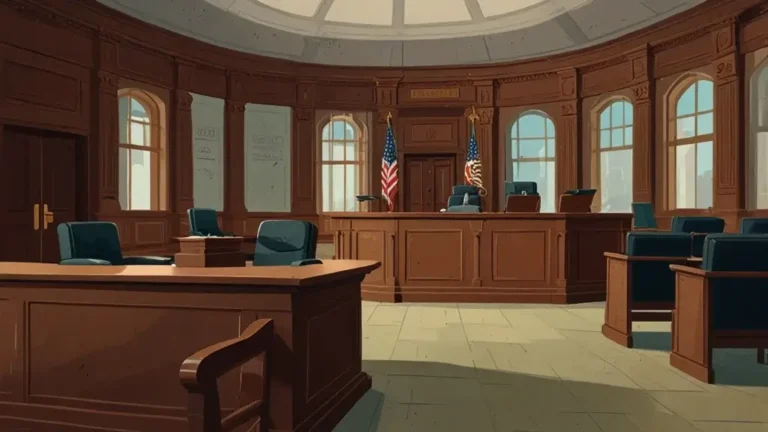
Types of Courts: According to Nature of Cases
There are following types of courts that are found in different systems.
Civil Courts
Civil courts handle cases involving civil matters, such as when one person’s rights are violated by another person.
Criminal Courts
The cause of action results from a violation of state laws committed by someone or a group of people, such as acts of violence towards someone’s life or property, and so on.
Special Courts
Special courts are created to handle specific cases that are not within the jurisdiction of regular courts. These specialized courts are typically established for various sectors such as the industrial, military, labor, taxation, and customs.
Administrative Courts
Administrative courts are specialized courts that are set up specifically to handle cases involving public servants and state functions in accordance with special administrative laws.

